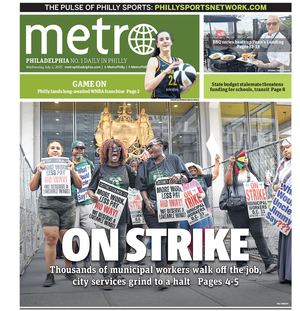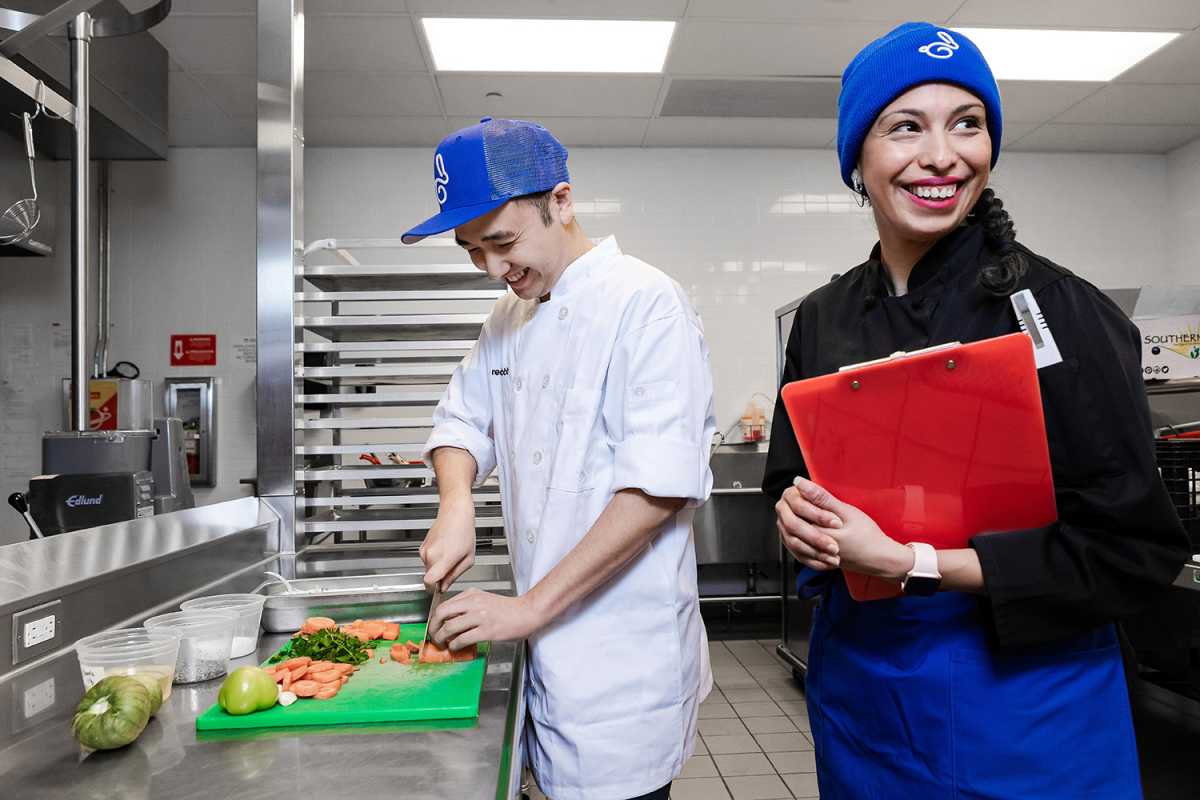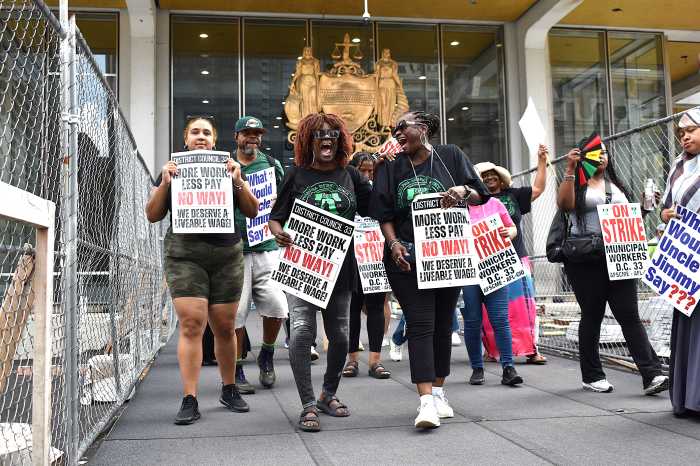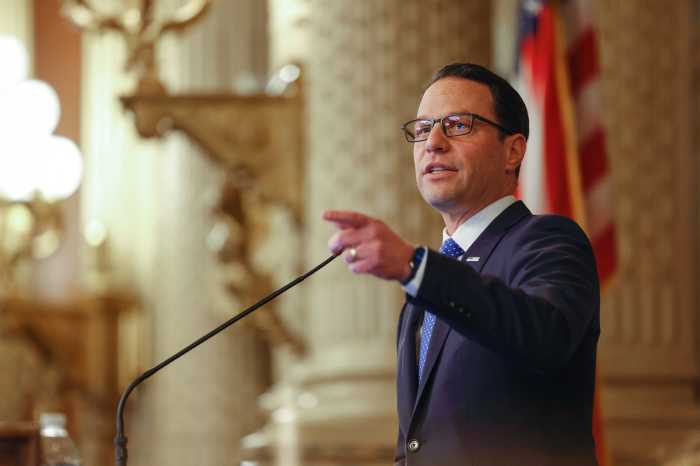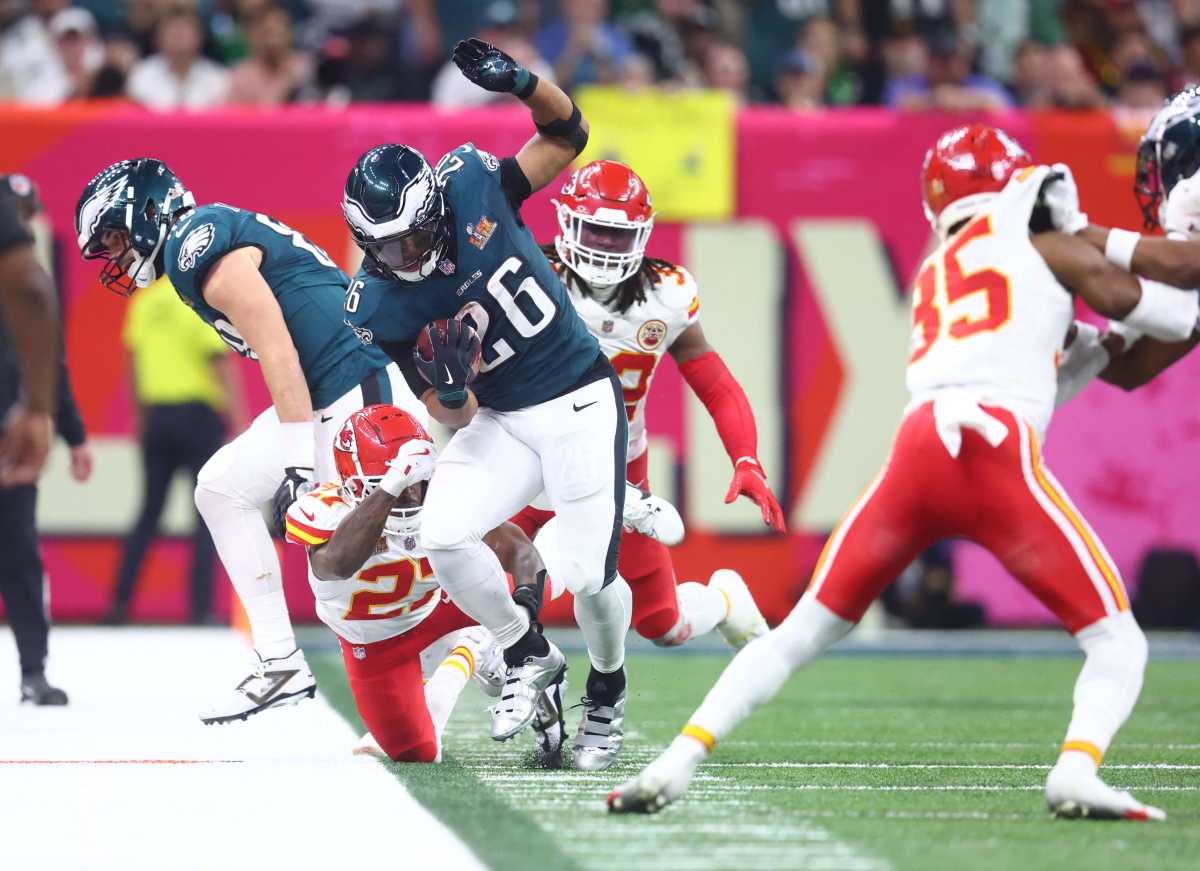When Rhys Powell was approached by a friend who was struggling to find healthy food for his 4-year-old, Powell was more than willing to help. But that act of friendship would soon turn into the idea for the largest Black-owned, MWBE-certified, K-12 school food company in the country, Red Rabbit.
“The original incantation of Red Rabbit was really a service space to provide healthy meals for busy parents… So, it was more of a convenience business,” explains Powell. “But as I learned more about school food and I learned more about the education system and the food system in general, the more I realized that there was a bigger story there, and that it wasn’t necessarily about providing meals for busy parents, but something was fundamentally broken in our school food system.”
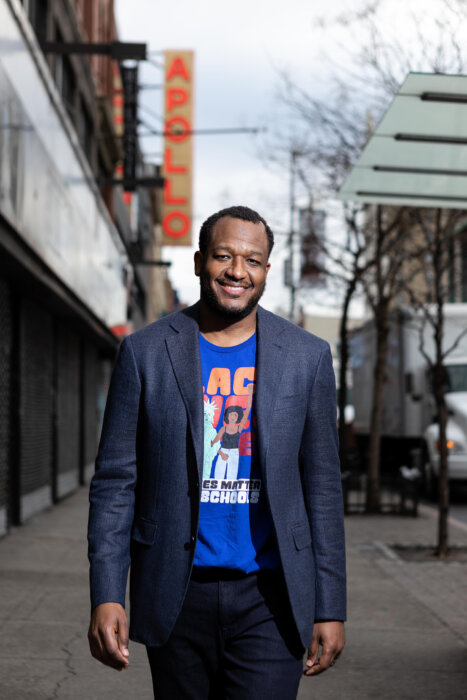
After that realization, Powell, who began this journey in 2005, said Red Rabbit then moved its focus to integrating the needs of the communities that they serve.
“That original story was more looking at an opportunity and solving a need inside society, but right now, we see ourselves much more as a social justice organization that uplifts predominantly Black and Latino children inside public schools,” Powell continues.
Red Rabbit’s growth happened fairly quickly after the inception of the idea, with the want to serve kids being the driving force behind it all. Powell saw some problems in today’s society: Why was it that the majority of the kids they served were Black and Latino? How did that come about? How did the public school system evolve and what were the political decisions that led to the development of the school food system and the way that it is now?
“That’s when I realized that we were an extension of the Civil Rights work that was happening in the 60s and that a lot of schools had figured out how to have healthy food in schools. But in the urban environments and in the underinvested and underserved communities, this problem seemed to be systemic,” says Powell.
To answer those problems with solutions, Red Rabbit works towards bridging that gap every day, and the organization tries to elevate the dining experience for its children. As Powell says, when they’re doing their research, they visit schools across the region, plus corporate cafeterias for some of our most well-heeled corporations like Google and Goldman Sachs, and they look at how food is done in a way that is uplifting.
Red Rabbit then looks to mimic those structures in the cafeterias inside of public and charter schools that they partner with and serve.
“As an example, in communities that are predominantly Black and Caribbean, we’ll add jerk sauce or we add hot sauce in predominantly Latino communities or we’ll add in Chalula sauce or yuca and plantains around the space,” explains Powell. “We make the space feel welcoming and inviting for the children and [show] that they are welcome and that this space was designed for them. And then we build menus that are reflective of their heritage.”
Powell cites the menu-building process for Red Rabbit as unique, and hiring chefs with the right passion and background is essential for the role. That cumulates into cookbooks from chefs, adding garnishes that resemble cultures and even chefs scaling up a typical family jerk salmon recipe in the Bronx for 1,500 people. It all starts with chefs asking the kids in the schools what they celebrate and their traditions, and building out the menu from there.
“Our cafeterias are typically filled with joy, they’re happy spaces. Lunchtime is usually the only time where children get to be themselves, so to speak, and they get to express themselves to their peers and relax,” explains Powell. “We get this day-to-day reaffirmation that what we’re doing is valuable. It’s almost impossible to measure this, but I think what we do for the children that we serve inside schools is what any parent would want for their child.”

And Powell knows this for a fact himself.
“What I want for my children is that they feel as though they’re worthy and valuable, and that the society that we live in is one where there are no limits to what they can achieve,” Powell said.
As a release notes, Red Rabbit currently serves over 5.5 million meals per year to urban schools throughout the Northeast and Mid-Atlantic – including Tacony Academy and Southwest Leadership Charter School in Philly. Currently, the organization’s staff/chefs represent over 30 countries, 67% of the Board Representation identifies as people of color, 75% of the Executive/Senior Leadership positions are held by women and 87% of students receive free or reduced meals.
And Powell hopes to continue to make changes for underserved communities as much as he and Red Rabbit can—it starts with the food, but the impact grows to incorporate so much more.
“I think when we call ourselves a social justice organization, the pride and the purpose that we get from our work is that we’re doing social justice work, we’re uplifting and we’re strengthening our community. And by extension, we’re making our society better,” finishes Powell.
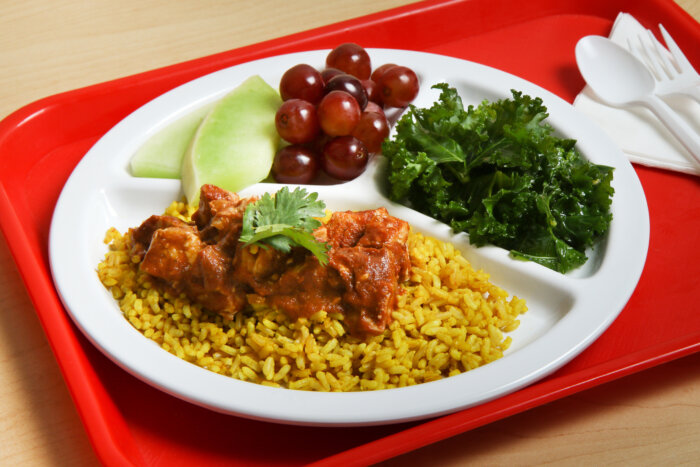
“I’m very proud of what could happen as we inspire other organizations, both school partners and other school food organizations to take a look at the environments that they’re creating and maybe step up or step into a place where they start to value the children a little bit more. And if that starts to take hold and that narrative becomes a part of where we are as a society, I think that impact is something that really inspires me and something that I and the team here at Red Rabbit are very proud of.”
To learn more about Red Rabbit, visit myredrabbit.com
